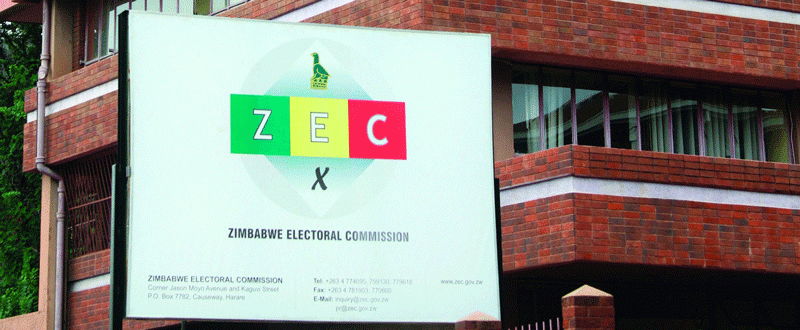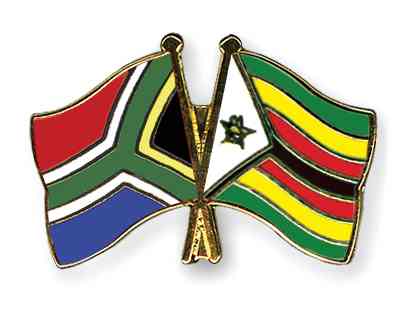
In my 31 years in journalism, during which I covered nine elections — parliamentary and presidential polls before the first harmonised in 2008 — I have never witnessed such chaos, voter suppression and disenfranchisement.
Voting at many polling stations countrywide started after the 7am stipulated time. The delays in some constituencies were as much as 25 hours. People in some wards in Harare and Manicaland provinces were still voting yesterday.
The Zimbabwe Electoral Commission (Zec) blamed the delays and shortage of ballots on legal problems it faced ahead of the polls, whose last case ruling was just over a fortnight ago.
While Zec extended voting time to match the delays to ensure that polling takes place for the stipulated 12 hours, it meant voters had to endure the cold night to exercise their democratic right.
Many, including the elderly, spent all day and night at the polling stations waiting for the ballot papers.
What is unforgivable is that a 68-year old man collapsed and died while queueing in Warren Park.
The country has never before experienced such disarray. There was a mix-up of candidates on the ballot papers and postal ballots were used in some constituencies and wards.
Some polling stations ran out of ballots. How such a thing could happen boggles the mind, considering that the number of registered voters per polling station was known.
- RG's Office frustrating urban voters: CCC
- Fast-track delimitation, Zec urged
- 'Political parties must not be registered'
- Zec to address nomination fees outcry
Keep Reading
The principle of inclusive representation, where every citizen’s voice counts, is the cornerstone of a thriving democracy.
What we experienced and witnessed on Wednesday has once again brought to light the pernicious issues of voter suppression and disenfranchisement, underscoring the fragile nature of a fair electoral process.
The widespread delays ignited frustration among voters.
This was worsened by the hurdles in finding their names on lists and some faced redirection due to incorrect polling stations.
I met a number of frustrated elderly women at Courtney Selous Primary School in Mt Pleasant constituency, whose names were not on the polling station lists. They were told to check at other polling stations.
Angry and frustrated, after queueing for six hours from 6am, they reluctantly walked back home.
The chaotic process not only tested the patience of citizens, but also cast a shadow on the overall atmosphere of the election, which had generally been peaceful.
Amidst the eager anticipation and civic duty that should define voting day, the scenes of confusion and exasperation painted a different picture.
The logistical issues tarnished a process, which has always been peaceful and smooth in past elections.
It becomes hard when the very mechanism intended to facilitate voter participation becomes a tool of discouragement.
Equally concerning was the disenfranchisement of voters through the cumbersome process of locating names on the voter lists and redirection of voters.
It is not good for citizens to endure a process characterised by confusion, inefficiency and unequal access. It erodes public faith and trust in the electoral system. It creates suspicion and scepticism, which will become a major hurdle for the country to move forward.
We experienced it after the 2008 election run-off.
If anything, what we have learnt from this chaotic election is the need to invest in technological advancements, which include digital tools for voter registration, real-time queue information and efficient identification methods, which can minimise bottlenecks and reduce the potential for human error.
It is time to digitalise voting processes and systems. These elections should serve as a wake-up call. Hopefully, they will ignite conversations that are pivotal for the country’s democratic progress and place emphasis on transformative action.
As we wait for the announcement of presidential results, let us maintain peace. We call upon the contesting parties to demonstrate leadership and exercise restraint. They need to refrain from violence, hate speech and inciteful language.
The country is fragile and teetering on the edge, so let us all be responsible citizens and not incite lawless action through misinformation, disinformation and fake news.






